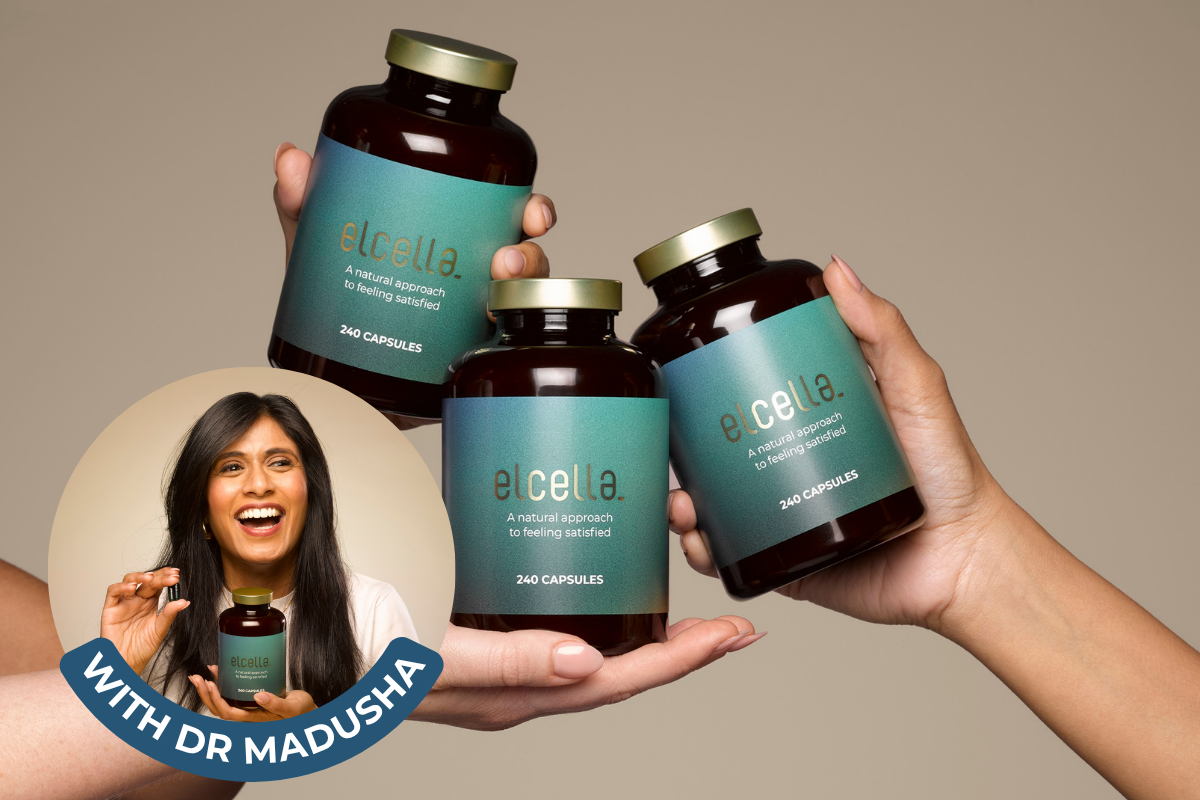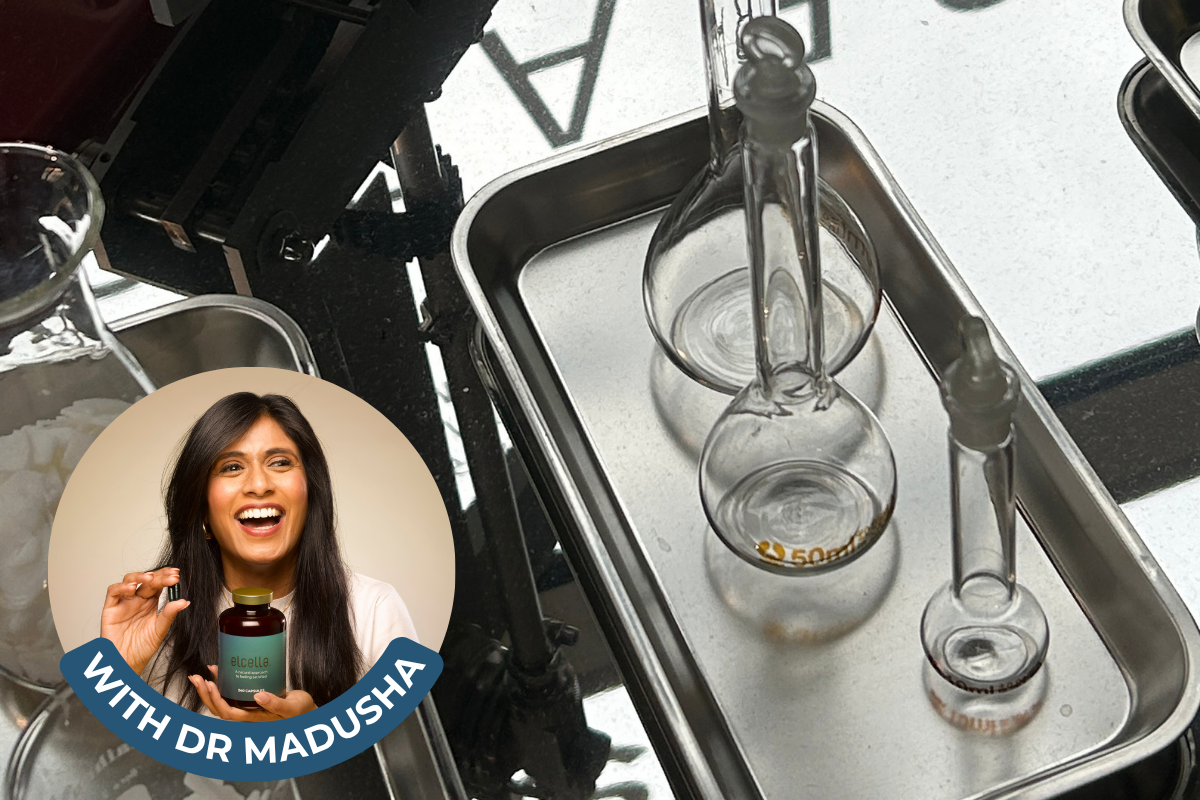5 Science-Backed Reasons to Prioritise Your Gut Health
You may not realise it, but your gut is the organ that you have the closest relationship with! Eating and drinking is a matter of life and death - and our gut is the powerhouse that converts what we ingest into energy to keep us going - day in, day out.
Let's look at the top 5 reasons we MUST prioritise our gut health:
1. It's always looking out for you
Your gut, like your skin, is constantly exposed to the outside world because of what we eat, drink and sometimes, accidentally ingest (have you ever had a bug fly in your mouth?!). The very top part of the gut - the oesophagus which connects the mouth with the stomach - is also connected to your nose. So it’s not just what you eat and drink that can get into the gut, but also what you breathe! This means your gut is constantly exposed to different viruses, bacteria and other pathogens (nasty microscopic creatures) that can cause illness.
That is why the gut is a critical defence system with a strong, impenetrable barrier against potential unwanted visitors. Maintaining a shield of healthy gut cells lined up ready to protect us from outside invaders is super important and why we need to look out for our gut. It’s a team effort after all!
2. It's a powerhouse of immune regulation
The intestines, which make up most of your gut, have the largest proportion of immune cells in the whole body! Immune cells are the body’s defence mechanism against infections - they hunt down, trap and kill unfriendly bacteria and viruses. The gut has many different types of immune cells and they are constantly conducting surveillance to make sure any unwanted visitors are quickly taken care of. If the first shield of gut cells is broken through by crafty little bad guys, your guts plethora of immune cells are ready to engage and they ain’t backing down! The gut is a very busy place and all the immune cells down there are working round the clock to keep you healthy - let's give it up for our biggest immune organ - the gut! Yay!
3. Your gut holds 90% of the body's serotonin
Serotonin is a chemical messenger, often referred to as the ‘happy’ hormone because it promotes feelings of happiness and wellbeing, but is also critical for learning, memory, regulating sleep patterns, hunger and sexual behaviour. Low levels of serotonin are associated with depression, anxiety and mood disorders. Specialised cells in your gut called enterochromaffin cells, make, store and release serotonin. The building block required to make serotonin - tryptophan - comes from our diet via protein-rich foods from both animal sources like meat, eggs and dairy, as well as, plant-based sources including tofu, legumes, grains, nuts and vegetables (broccoli, asparagus, bananas). Having a healthy, balanced diet that truly ‘feeds’ our gut is super important for making enough serotonin to keep us happy and feeling good.
4. Your gut & brain are BFFs
There is a little brain in your gut called the ‘enteric nervous system’ and it is passionately connected to the brain and the ‘central nervous system’ providing direct, two-way communication between the gut and brain. Your brain needs to know what is happening in the gut and your gut happily sends messages to the brain including when, how much and what to eat. Anxiety - for example, feeling nervous before giving a speech or taking a test - is often felt in your gut as butterflies or a tummy ache. There’s a lot of chatter going on between the gut and the brain so good gut health can mean good brain health. Taking good care of your gut is a great way to take care of your mind - it’s how BFFs roll.
5. Your gut microbiome is very powerful!
The bacteria, viruses and fungi that make up the gut microbiome vastly outnumber our own gut cells and they have a major role in how we feel (our mood), our cravings, how much eat and even in conditions such as eczema, colorectal cancer and cardiovascular disease. While scientists are still working out exactly how the gut microbiome has such important and varied effects on our health, we do know (including work conducted in our own labs!) that gut bacteria can change the architecture of the little brain in our guts (the ‘enteric nervous system’) meaning they have a major effect on how the gut works and communicates with the rest of the body - including the brain. A healthy gut needs a healthy balance of bacteria and the best way to do that is by eating bacteria-friendly foods (prebiotics e.g. kimchi, sauerkraut, kefir) and minimising antibiotic use and/or taking probiotics.
Your gut is THE single most important organ you can look after each and every day with the right food, in the right quantities - it is so easy! Unlock the power of your gut to find the way to better overall health. Your gut instincts are waiting to be unleashed!





Leave a comment
This site is protected by hCaptcha and the hCaptcha Privacy Policy and Terms of Service apply.